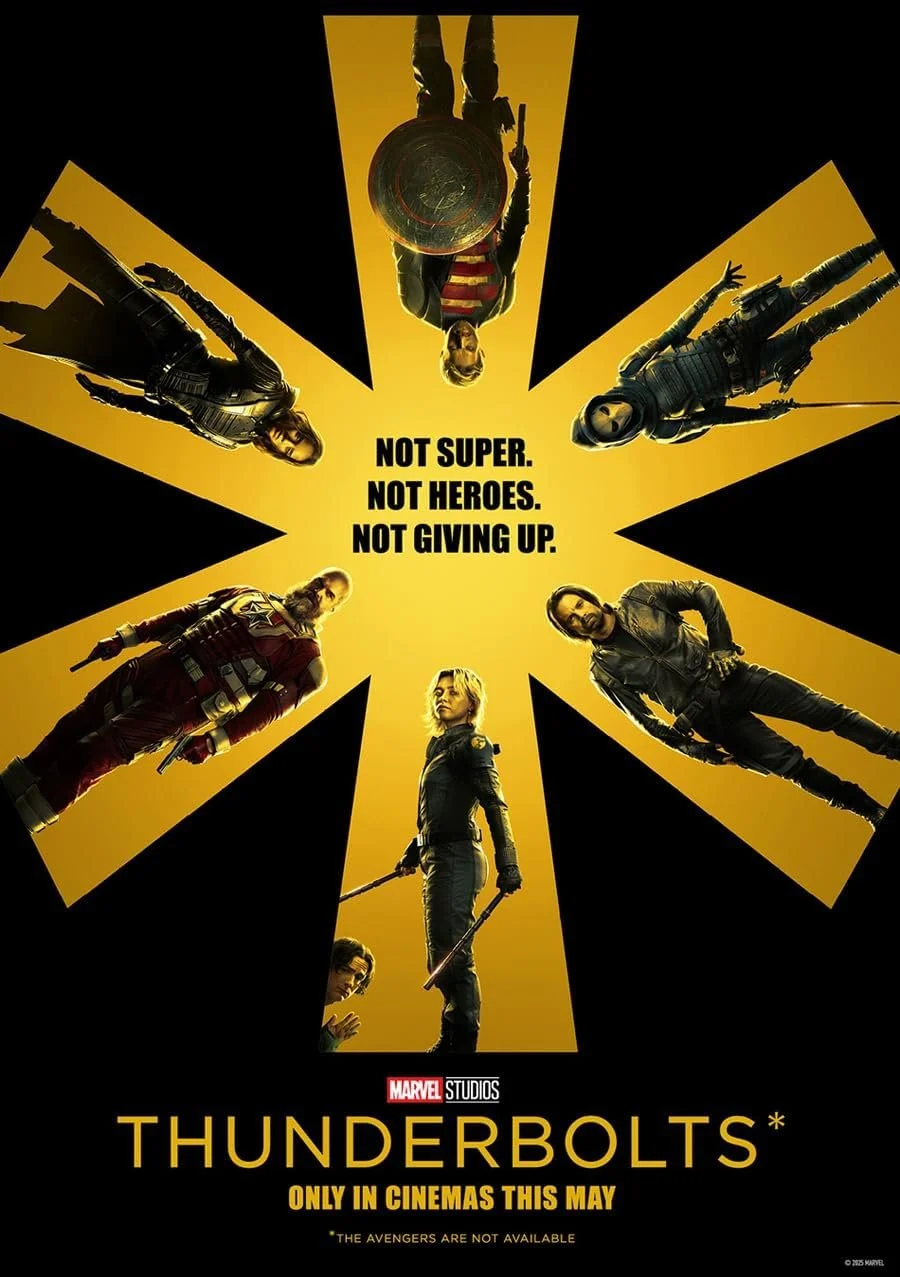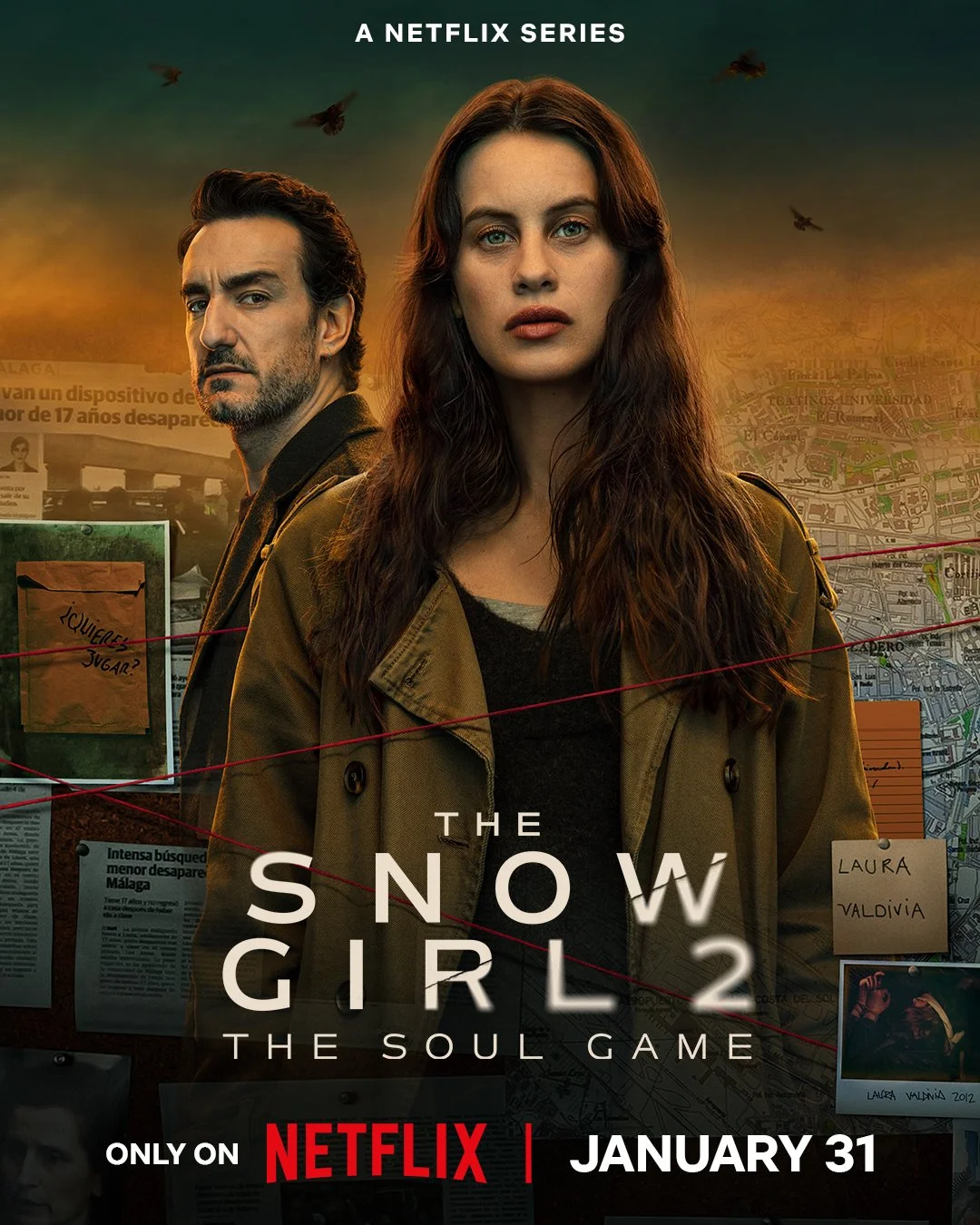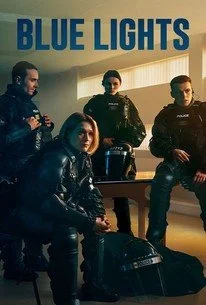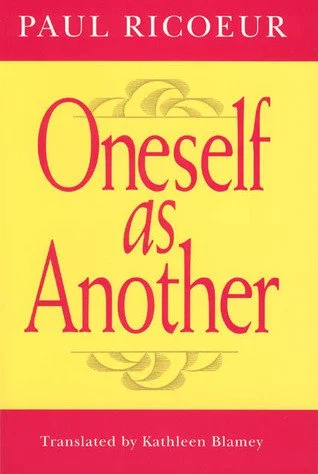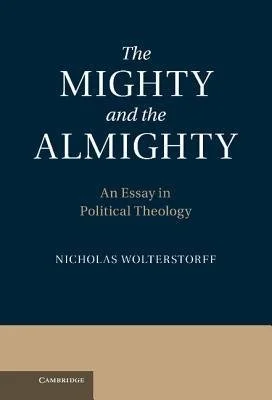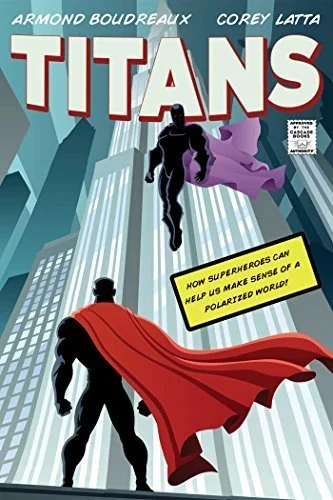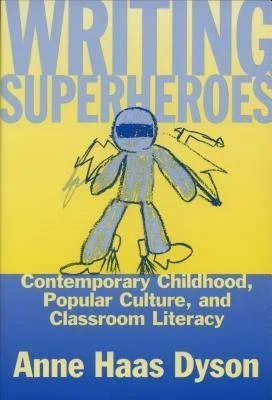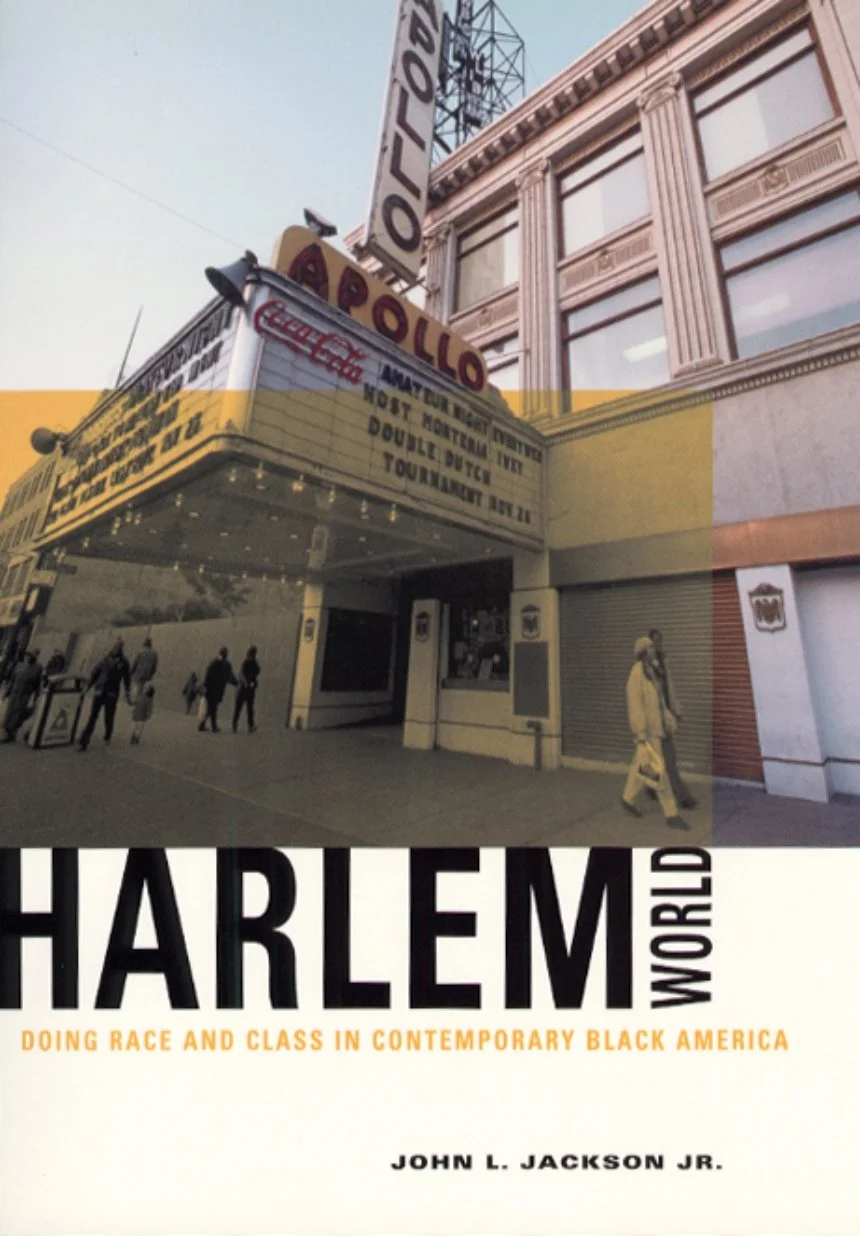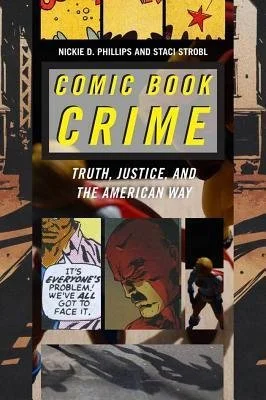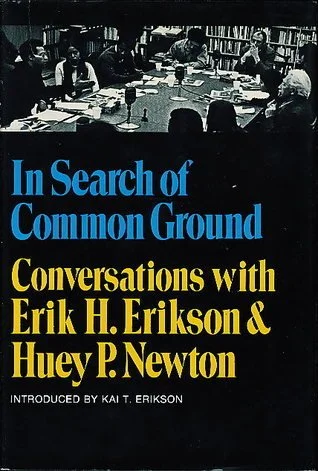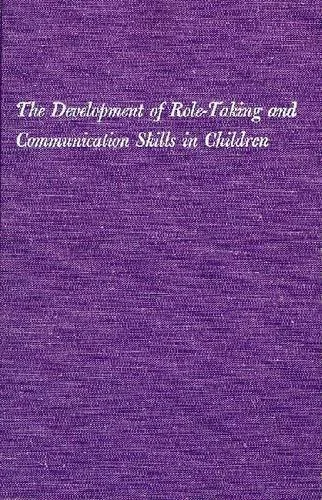Welcome to My Scholarship Blog!
Hi everyone,
Thank you for checking out the blog! The purpose of this blog is to update you on my scholarship. Updates will come in the form of short posts per scholarly product, meant to give you a sense of its aim(s) and core idea(s). When relevant, links to either a source or its reference will be provided. For topical shortcuts, check out the tags below.
Phoenix, Dark Phoenix, and Moral Ambiguity (2025)
“Given the myriad disagreements superheroes and supervillains have concerning the nature of the Phoenix Force and how to respond to it, the sagas provide many opportunities for viewers to engage in similar processes of abstraction and reflection.”
Northeast Popular Culture Association (2025)
Martin, J. (2025, October). Superheroes, reciprocity, and moral development. Paper presented at the annual meeting of the Northeast Popular Culture Association, Online.
Superman (2025) and Moral Reciprocity
Highlights aspects of the film that speak to three features of moral reciprocity, specifically the Golden Rule.
Teamwork and Transformation in Thunderbolts (2025)
What Thunderbolts communicates about teamwork taps into one of the greatest social science mysteries of contemporary history: the nature of individual-group relations. A mystery, I believe, one of my greatest intellectual influences sheds some important insight on.
Arbitrary Social Relations and Luke 15 in The Snow Girl
Even though Miren combats forms of arbitrary social relations in imperfect and even harmful ways, her motivations invite theological reflection. Specifically, what animates her is similar to what Christ’s parables in Luke 15 suggest should animate believers concerning our treatment of others.
Freedom, Debt, and the Gospel in Blue Lights (2025)
If these are in fact fundamental freedoms going back (at least as far as what is documented/evidence) to our ancestors’ earliest decisions to form and interact with communities and societies, then constraints on or violations of these freedoms have important implications for what it means to be human. Implications born out in season two of the acclaimed police drama Blue Lights (2023-) in a manner that parallels Jesus’ ministry as recorded and recalled in the gospels.
“Rotten Legacy,” Parenting, and Children’s Moral Development (2025)
While El Baltico’s legacy is front and center throughout the series, I’m interested in the questions Rotten Legacy raises about the moral, ethical, and normative legacies people build, alter, and ultimately leave for others. Legacy questions concerning moral understanding raised in the series are a helpful context for examining similarities and differences between socialization and constructivist approaches to moral development. I compare these approaches in my developmental psychology and moral development classes.
Oneself as Another (1990/1992) by Paul Ricoeur
Some of his ideas I find interesting and that I am still thinking through, include his distinction between ethical and moral aims/considerations, what I consider the paradox of justice (i.e., injustice is ubiquitous but knowing the proper way to maintain just relations is not), and the role he gives the norm of reciprocity (e.g., a version of this being the Golden Rule) in understanding the human story. His book informs my upcoming papers on Daredevil and the X-Men.
Justice in Love (2011) by Nicholas Wolterstorff
This book takes a deep dive into the notion of justice, from the lenses of both secular and biblical morality. As such, it has been helpful in my approach to X-Men narratives in an in-progress paper exploring the nature of (meta)physical, social, and psychological beliefs in Grant Morrison’s New X-Men run.
Titans (2017) by Armond Boudreaux and Corey Latta
As multiple publications aim to tie a constructivist analysis of superhero media to civics or civil discourse [From Wakanda to America (2018), Black Panther (2021), Comics and Citizenship (2023)], I am interested in scholarly analysis of superheroes along civic dimensions. This book, focusing specifically on political polarization, explores this relationship in a thoughtful and relatable manner.
Writing Superheroes (1997) by Anne Dyson
Dyson’s examination of how children spoke about, wrote about, engaged in play involving superheroes opened my ideas to the possibility of a scholarly agenda centered on superheroes. I wrote about this influence, particularly in the context of children’s social and moral development in educational spaces, back in 2020.
Harlem World (2001) by John Jackson Jr.
Coming across Jackson Jr.’s book proved very beneficial, as his anthropological investigation into how Harlemites discussed, understood, and acted in accordance with beliefs about what it meant to be black living in Harlem provided a good backdrop against which I could explore Luke Cage’s multifaceted and complex relationship with the neighborhood.
Comic Book Crime (2013) by Nickie Phillips and Staci Strobl
In addition to the content match, their book also informs my scholarship due to its multifaceted research methodology. They combine content analyses with ethnographic data from their time spent immersed within comic book fan culture to provide a robust portrait of why questions about what is moral, legal, and criminal animate readers’ engagement with superhero comics.
The Art of Storytelling: Archetypes in Focus (2025)
Martin, J. F. (2025, May). The Primacy and Potential of Superhero Narratives: Insights from Developmental Psychology. Paper presented at the Art of Storytelling: Archetypes in Focus Conference for the London Arts Based Research Center, Oxford University [I Presented Online].
Relevant publication(s): Black Panther (2021), Comics and Citizenship (2023), Superheroes and Children’s Moral Understanding (2023), and Social Superheroes (2024)
In Search of Common Ground: Conversations with Erik H. Erikson and Huey P. Newton (1973)
Although it did not inform my scholarship directly, indirectly, it fits my interdisciplinary sensibilities. Their deep dives on issues related to race/ethnicity, identity, development, and influences on their intellectual enterprises were fascinating. It is the type of book I would like to see more of.
The Development of Role-Taking and Communication Skills in Children (1968) by John Flavell
Due to his relevance for TOM, Flavell indirectly influences my work through his early emphasis on trying to understand the world from the (developing) child’s point of view. Regarding TOM, work in this area was recently incorporated into my brief analysis of a young Oswald Cobb in HBO’s The Penguin, and a conference presentation I gave today on superhero narratives and developmental psychology.
Moral Development and Reality (2003/2019) by John Gibbs
By drawing parallels between processes in children’s cognitive, social, and moral development, Gibbs articulates a view of moral development in thoughtfully and sincerely tries to make the case for a constructivist approach to moral development while also incorporating aspects of other psychological approaches to (the development of) moral understanding (e.g., socialization, Moral Foundations Theory) that have valuable contributions. He does so by trying to relate the cognitive and affective (emotional) aspects of moral development while also studying moral judgment capacities of atypical (e.g., antisocial) youth.
The Promotion of Social Awareness (2003) by Robert Selman
Although my current grounding in Social Cognitive Domain Theory takes me away from some of Selman’s core assumptions (and those of other structural developmental scholars like Kohlberg), some ideas and aims still inform my approach to the study of moral development and superhero media more broadly.
The Growth of Interpersonal Understanding (1980) by Robert Selman
Like Flavell’s early work on role-taking, Selman’s work on social perspective taking was influential in the subsequent development of Theory of Mind as well as other approaches combining aspects of children’s moral development with their social development. Thus, it also informs my approach to the study of children’s understanding of superheroes on some level.




